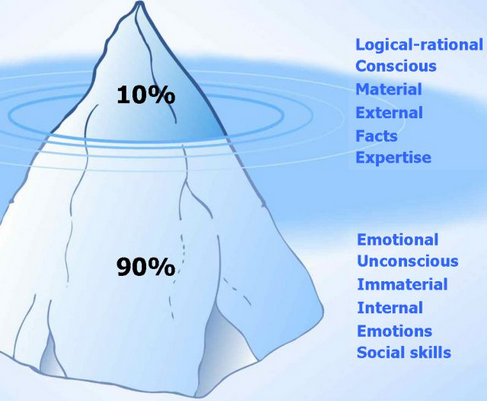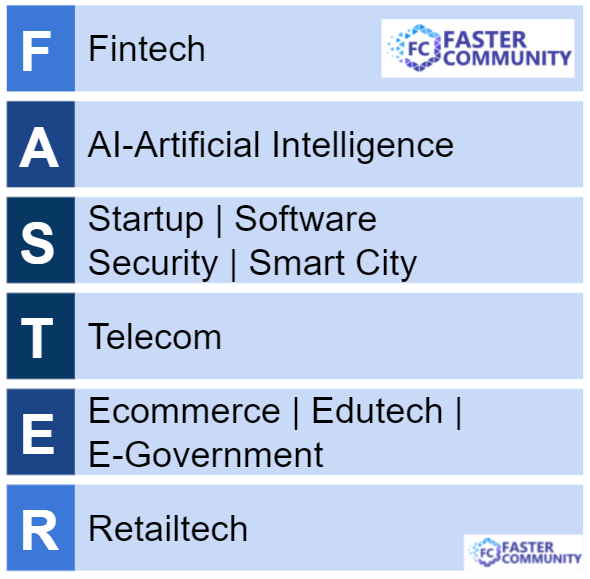WHAT IS SOCIAL BANKING?
The term 'social banking' has been around since the 1950s, and traditionally referred to sustainable investment. Now, however, the term is more likely to mean banking through social media, peer-to-peer (P2P) lending or the development of online financial communities. These types of lending are seen as a democratisation of finance, and are often presented as solutions to problems that the traditional banking system can't or won't address.
BANKING WITH BENEFITS
Convenience and communication are central to many social banking offerings. Clever use of technology has meant that borrowing, balance checks and international money transfers have become as easy as sending an email; some firms even provide smartphone-based solutions for on-the-go financial management.
Tom Blomfield, CEO of Mondo, hopes this “new type of bank” will give users an alternative to the rigid, one-size-fits-all deals that are sometimes offered by centralised outlets. The appeal of flexible arrangements isn't hard to understand, but comes into sharp relief when marginal users such as the 'unbanked' are taken into consideration.
LINGERING CONCERNS
Many commentators are excited by the possibilities associated with avant-garde banking, but others argue that new systems are vulnerable by nature. While it's true that some social banking firms aren't as strictly regulated as conventional institutions, this isn't a universal law – it simply indicates that you should research any company you're thinking of using thoroughly before taking the plunge. Moreover, If social banking does turn out to be the next big thing, an increase in investment will probably be accompanied by increased regulation.
What does the rise of new banks tell us about society? First and foremost, the surge confirms that consumers are open to change when it comes to controlling their finances. What isn't clear, however, is whether social banks are the change that people want.
If you're interested in forward-thinking financial solutions and want to know more about how money transfer is changing, check out our blogs and we'll make sure that you're ahead of the curve.











